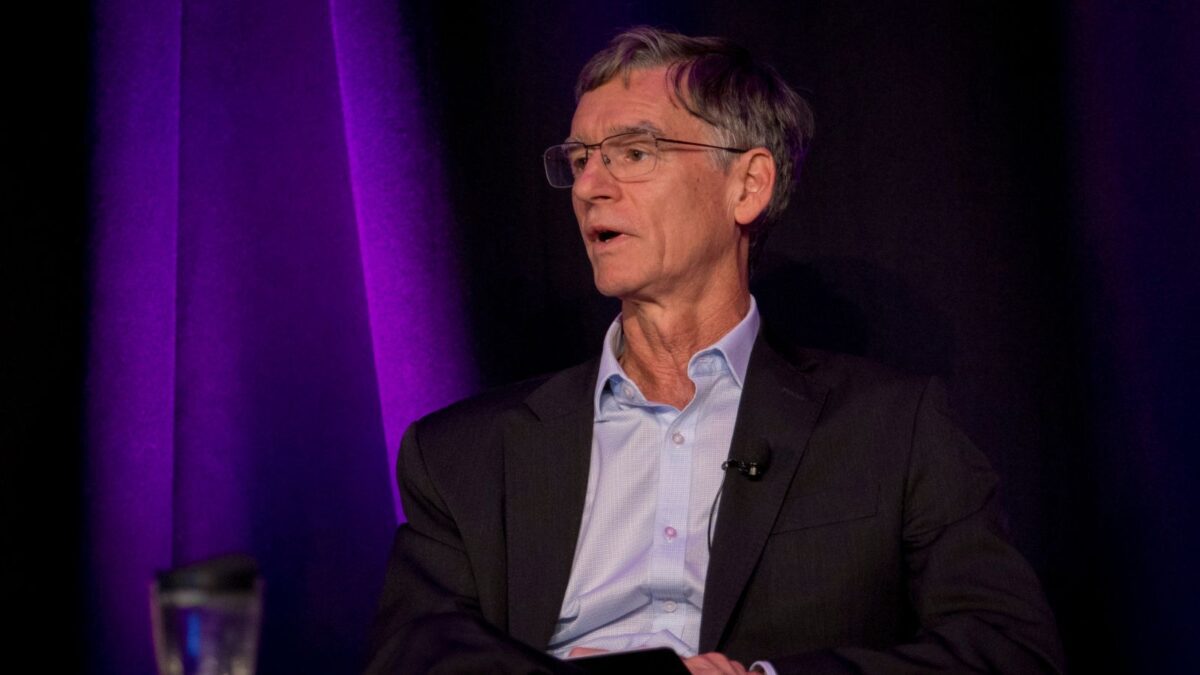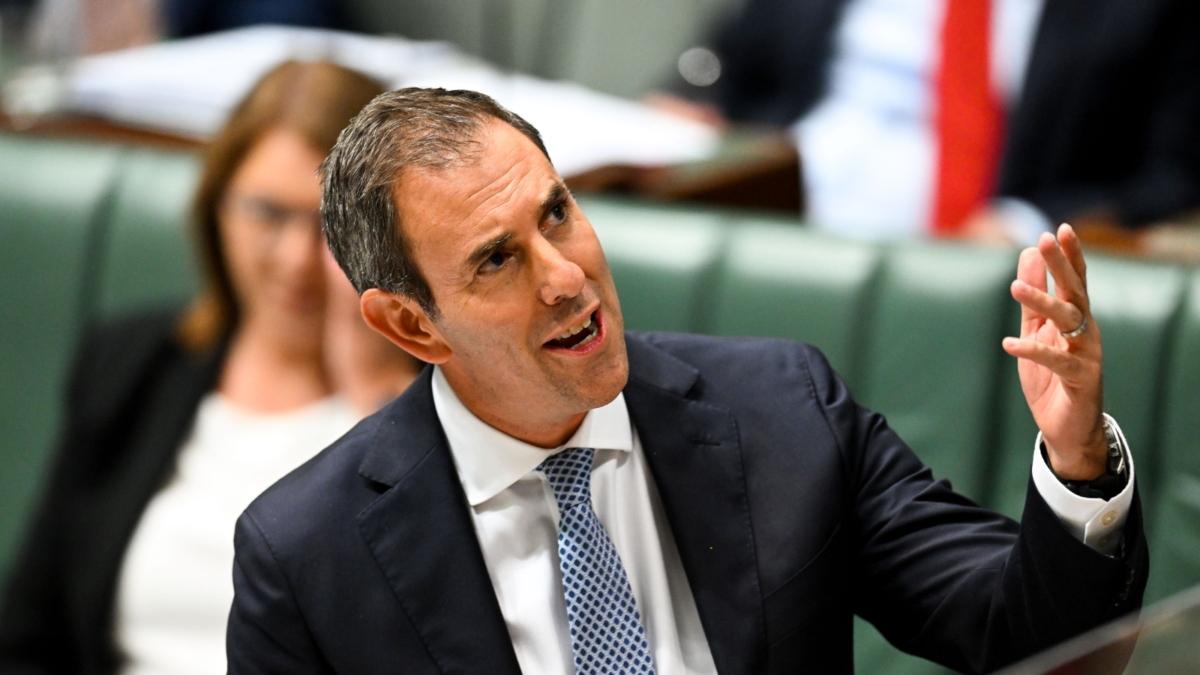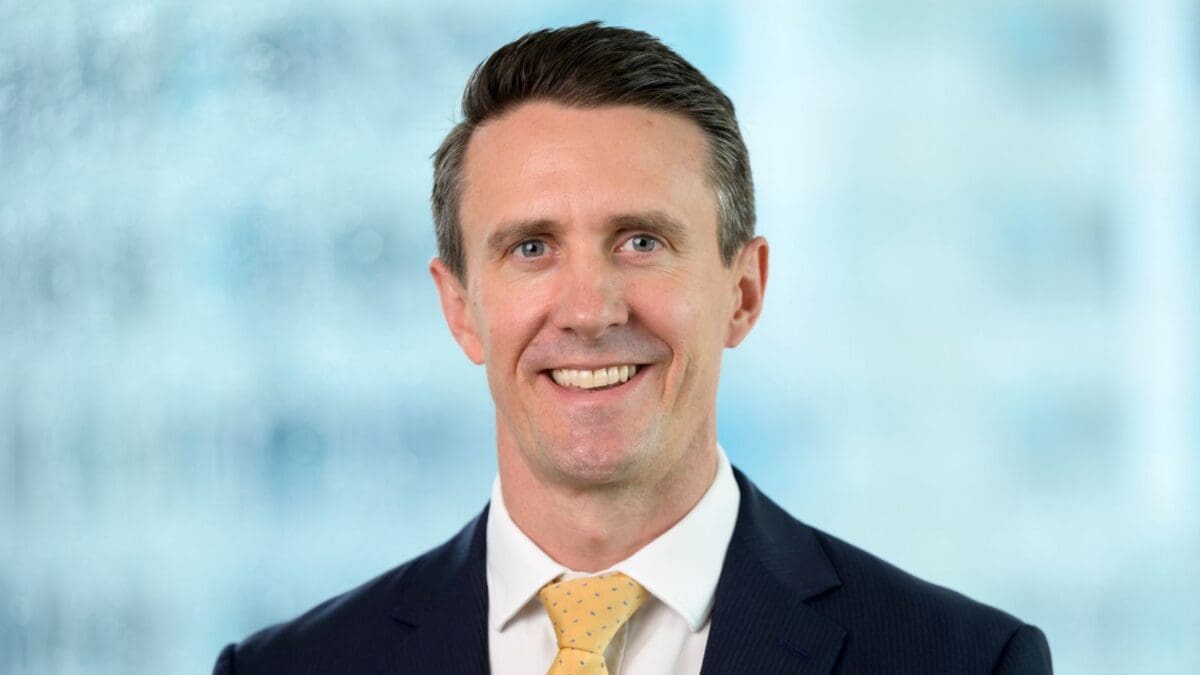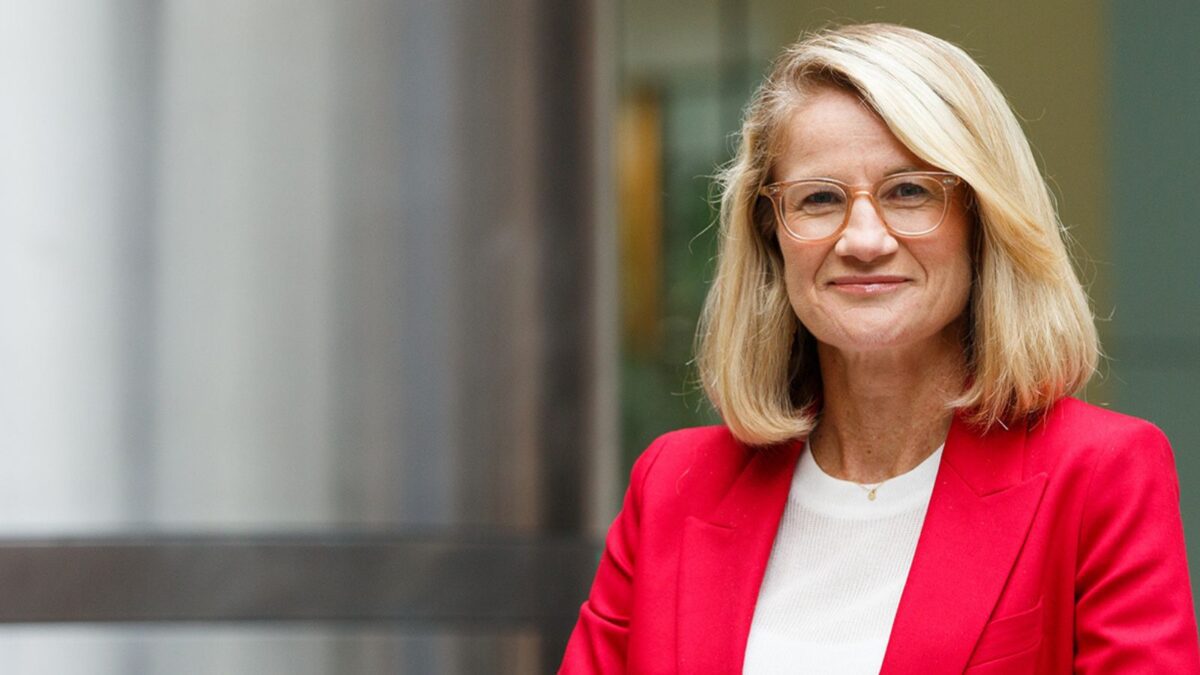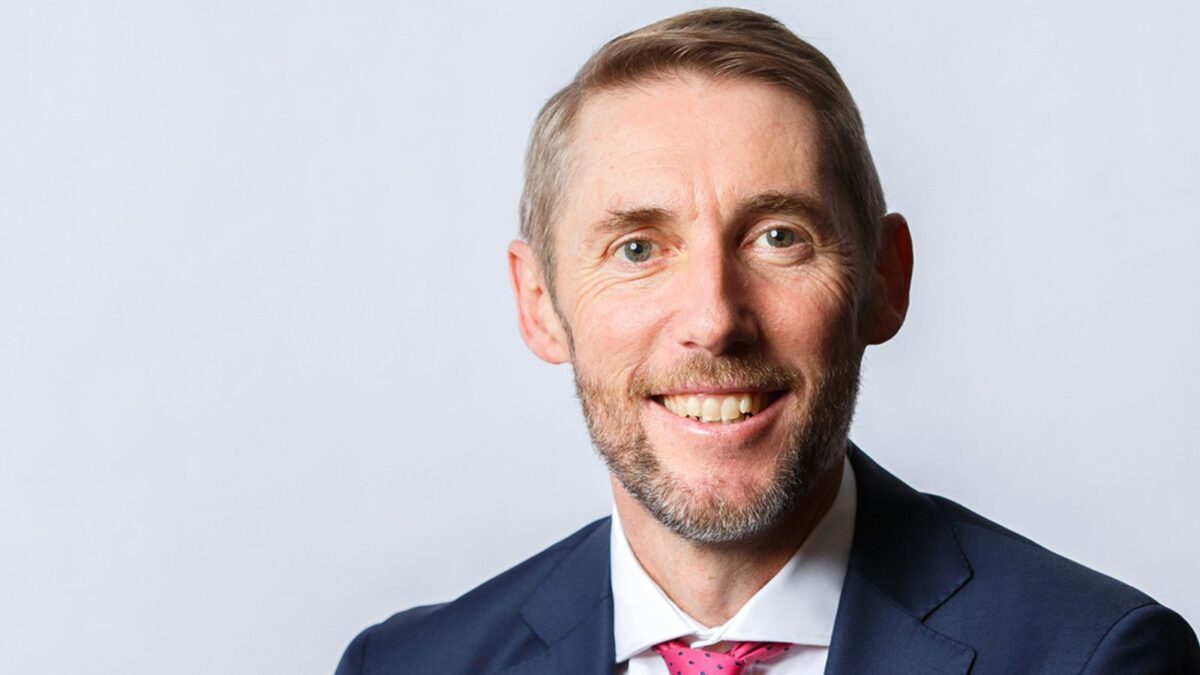Future role of COOs in funds management getting complex
The scrambling which happened among big businesses following the COVID-19 outbreak, starting March 2020 in Australia, where chief operating officers (COO) directed traffic for thousands of employees to be able to work from home and still deliver good service for clients, was remarkable. It also shone a light on the COO’s role and what it will look like in the future in the investment world.
David Banks, the COO at BNP Paribas Securities Services for Australia and New Zealand (BNP Paribas), and a long-time executive believes that most firms in his market segment have done “really well in terms of their response” to the COVID-19 crisis. “When you have your back to the wall you have to mobilise all your resources,” he said. “We did it, and we did it well. . But we had the benefit of receiving a lot of information from our colleagues across Asia. Starting as early as January, we were in close contact with Hong Kong and Singapore, where we have large teams, which helped us to anticipate and prepare.”
In an interview in Sydney last week, Banks said that the operational staff were the most important part in an asset servicing business, a sentiment echoed by many leaders throughout the pandemic. “People trump technology every day of the week.”
Banks and David Braga, the chief executive for BNP Paribas Securities Services Australia and New Zealand, have not actually worked from home at all since March. They were in the office every day to ensure operations continued smoothly and could be sometimes seen carrying a ‘broom-stick handle’. These were precisely 1.5m-long broom handles which they used to measure and reconfigure the desk layouts spread over several floors of their Castlereagh Street offices which housed those staff who worked from the office during the first three-months of the pandemic.
“We are prepared and have tested our systems in the event of a staff member testing positive for COVID-19. “We have put in place to the full extent possible, strict internal social distancing requirements. For instance, staff are encouraged to wear a mask and face-to-face meetings have been reduced to a minimum. This is where our virtual communication platforms have been wonderful in keeping people connected.”
“We learned a lot from the experience, from a business perspective; we discovered that we could do most things from home, but some things, such as team meetings, staff felt they were better from the office. There are advantages and disadvantages with each scenario. But after nearly six months of working from home, some staff started to raise concerns about a return to the office – both for and against. There were for various reasons, including individual family situations, distance from the office (not wanting to use public transport for example) and isolation from being physically separated from colleagues… We also learnt that everyone’s challenge is different. We have tried to respect and accommodate everyone’s position.” Banks said.
BNP Paribas put the role of the COO under the microscope last year, in its report ‘The Future COO’, which surveyed more than 250 COOs from a range of financial services institutions globally. COOs based in the Asia Pacific (APAC) region stood out for their desire to focus on transformation and technology, compared with their peers in Europe and North America.
Change and transformation was a top priority for COOs in the APAC region, BNP Paribas discovered, and this was revealed to be the area that COOs most wanted to focus on the future, despite not having enough time to do so currently. They see their role as an increasingly technologically driven, externally focused one, and no longer a back-office executive, as may have been the stereotype in previous generations. BNP Paribas’ report revealed, in fact, that 68 per cent of APAC COOs feel their title is no longer relevant, a higher proportion than any other region. And of those who prefer a different job title, ‘Chief Change Officer’ was the most popular alternative, while ‘Chief Strategy Officer’ was the most popular choice in every other region.”
A clear message from the BNP Paribas report is that average APAC COO would like to be known as a “change agent” in future. “Change is a backbone of operations. Change is a huge part of what we do. The amount of change we are being asked to do – organise or oversee – compared with our bandwidth is huge, and it’s increasing… If things ever go wrong with BAU (business as usual), the first thing that we ask is ‘what’s changed?’…
“Today, when we meet with clients, the first 20-or-so minutes tends to be about respective COVID response, then we move on to how we are handling BAU, and then the majority of the meeting will be about their long-term plans, and how we support them in their transformation, whatever that looks like.” Banks said.
Looking forward, there will be further consolidation in the superannuation industry within the next few years. Of the 55 big profit-for-member fund members of the Australian Institute of Superannuation Trustees (AIST) as of last year, it was predicted by an expert panel at the Frontier Advisors annual conference, that between 10-20 would survive the next 10 years.
– G.B.
Note: BNP Paribas Securities Services is a sponsor of Investor Strategy News


